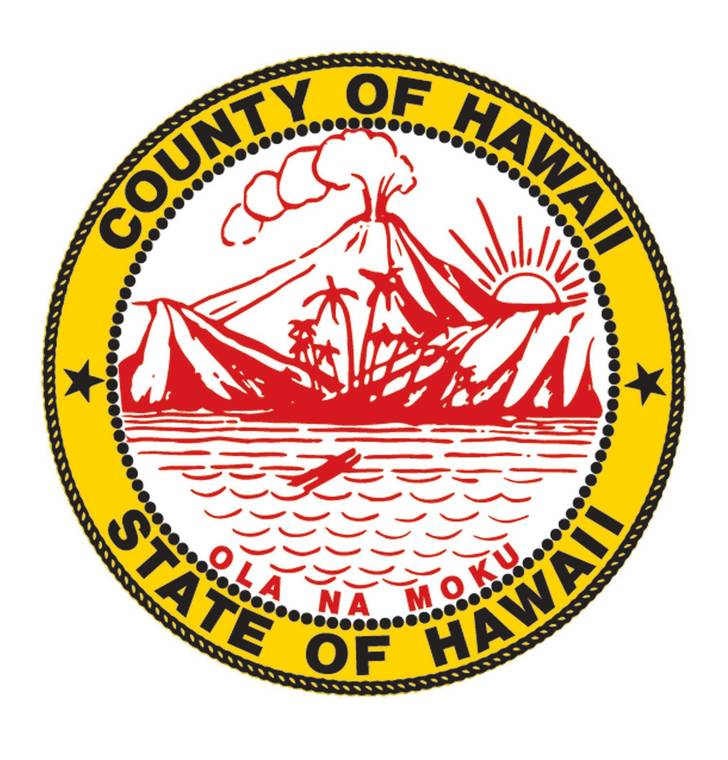A fast-tracked resolution unanimously approved Wednesday gives each County Council member $100,000 in federal coronavirus relief money to distribute to constituents, without competitive bids or public notice.
Resolution 700, sponsored by Council Chairman Aaron Chung of Hilo, gives council members until Sept. 30 to spend the money or turn it back over to the administration. The money comes from the $80 million the county is receiving as part of the Coronavirus Aid, Relief and Economic Security (CARES) Act.
“I think this resolution has the potential of being a measure that really enhances the collaboration between the Council and the administration,” Chung said. “This body can really put moneys to good use when it comes to the COVID situation.”
The resolution had its only reading Wednesday after skipping the committee level. Chung said there was a rush because the money needs to be spent quickly. Federal regulations require local governments to spend the money by Dec. 30 or return it.
At the same time, Chung said, he waited until after the bulk of the campaigning prior to Saturday’s primary election was complete.
“And the reason why I didn’t surface it up until this time is I didn’t want there to be any appearance that these moneys would be used as a campaigning tool. I’m very conscious about those things,” Chung said. “It looks like everything will be resolved by Saturday and then we can go ahead and move.”
The Council grants don’t have to go out to bid, but they must follow federal procurement rules as well as the specific CARES Act rules. They must be used to pay necessary expenditures incurred because of the COVID-19 public health emergency, addressing medical or public health needs, as well as expenditures incurred to respond to second-order effects of the emergency, such as by providing economic support to those suffering from employment or business interruptions because of coronavirus-related business closures.
Finance Director Deanna Sako said council members might also want to provide money to top off applicants who might not get their full funding from a series of requests for proposals the county is expected to solicit early next week to spend $32 million of the money on feeding programs, child care, increased internet access, rent or mortgage assistance and utility bills.
Unlike council members’ contingency relief funds — usually $100,000 per council member but this year reduced to $35,000 each — the council members’ CARES Act grants will not be made in a resolution providing public notice and an opportunity to comment. Instead, the council member will go directly to the administration with the grant request.
“Because it’s federal funding we have to follow all the rules,” Sako said. “We have to follow procurement.”
“And later on we can come up with a listing as a communication of all the moneys that were distributed out just for transparency,” Chung added.
North Kona Councilwoman Karen Eoff praised the Council leadership and administration for coming up with the plan.
“It sounds like a way we can help the administration utilize the moneys that have been given to the County of Hawaii and make sure things we hear more directly from our constituents, our knowledge of our districts, so money can be directed quickly and effectively,” Eoff said.
Chung said Council Finance Committee Chairwoman Maile David of South Kona/Ka‘u was instrumental in the plan. David urged council members to read the CARES Act rules carefully to maintain compliance.
Email Nancy Cook Lauer at ncook-lauer@westhawaiitoday.com.






